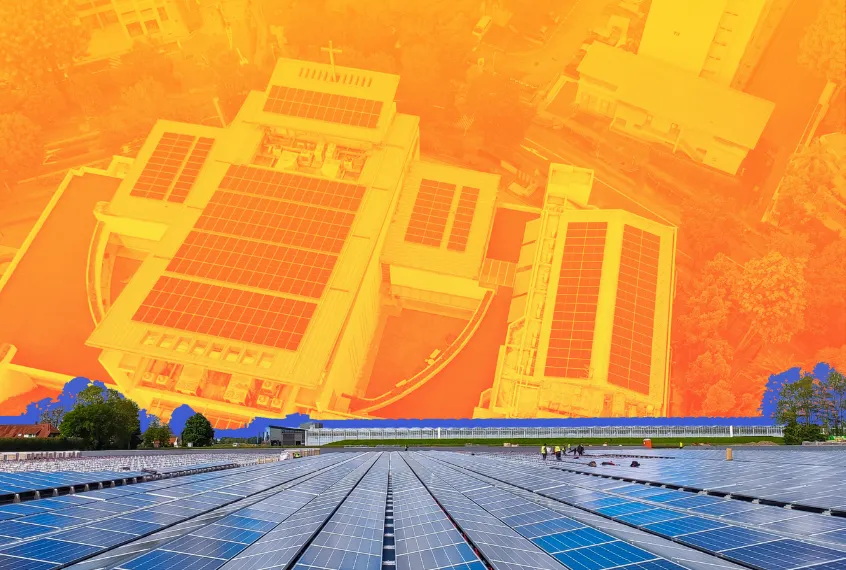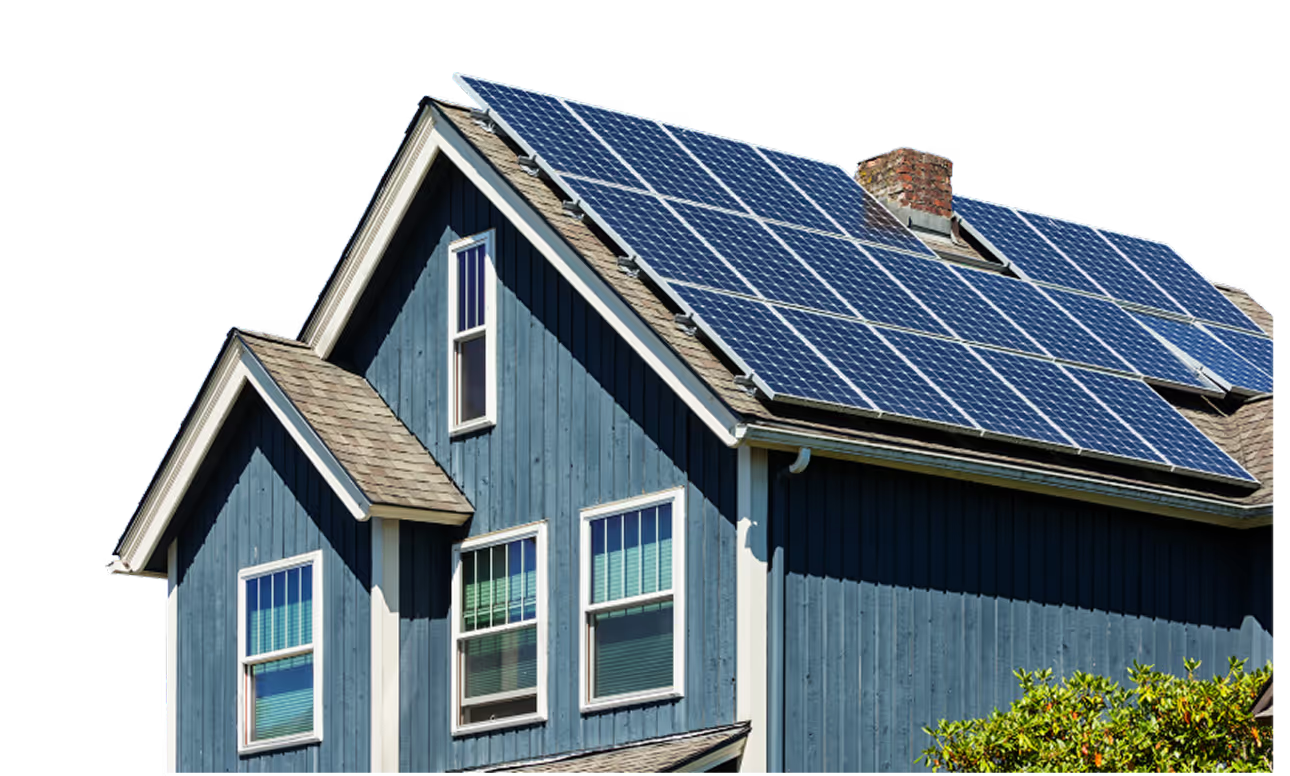
<Article Updated: 1st Jan 2026>
Key takeaways:
Buying commercial property in Singapore can deliver strong, long-term returns, but success depends on understanding the full picture, from property types and ownership rules to taxes, financing, and zoning. With careful planning and smart upgrades, you can not only protect your investment but also enhance its value, efficiency, and future appeal.
Whether you’re expanding your business or diversifying your investments, buying commercial real estate in Singapore can be highly rewarding process. However, dealing with the Singapore commercial property market requires careful planning and a clear understanding of financial, regulatory, and market considerations.
In this guide, we highlight the key factors to consider before making a commercial property purchase in Singapore, to help you make informed decisions with long-term value in mind.
Types Of Commercial Properties
Retail
Retail commercial properties include a wide range of spaces such as shopping malls, gyms, pet shops, restaurants, bars, and traditional shophouses. Each property type serves different business needs and attracts varying levels of foot traffic, which can significantly affect rental income and long-term returns.

Industrial And Commercial
Industrial properties in Singapore are broadly classified into B1 and B2 categories.
- B1 properties are commonly used for offices, light manufacturing, and warehouses. These properties are ideal for businesses that require a mix of administrative and storage space.
- B2 properties are designed for heavier industrial use, such as factories and manufacturing plants, and typically come with stricter usage regulations.
These distinctions are important, as they influence financing options, compliance requirements, and overall market value.

Hotel
Hospitality commercial properties cater to the tourism and accommodation sector. It can range from luxury hotels to budget hostels. Each segment offers different income potential, operating costs, and risk profiles within the broader commercial real estate market.

Foreign Ownership Of Commercial Property In Singapore
In Singapore, the commercial property market is open and accessible to foreigners. There are no existing restrictions on purchasing various types of commercial properties.
Whether you’re interested in retail spaces, industrial sites, or hospitality venues, the rules are the same for everyone. Foreign buyers enjoy the same privileges as local buyers, meaning there are no income caps or special eligibility criteria to meet.
This levels the playing field, allowing Singapore to be an attractive location for international investors looking to expand their real estate portfolios.
Financial Considerations When Buying A Commercial Property In Singapore
If you’re planning a commercial property purchase anytime soon, understanding the financial implications is important. Below are seven key considerations that directly affect costs, financing, and long-term returns.
1. Property Tax
Commercial properties in Singapore are subject to a property tax rate of 10% of the annual value. This recurring cost should be factored into your cash flow projections and rental income calculations.
2. Buyer’s Stamp Duty (BSD)
Buyer’s Stamp Duty applies to all property transactions. Rates can differ between residential and commercial real estate, and buyers should review the latest BSD structure before committing to a purchase.

3. Total Debt Servicing Ratio (TDSR)
Although Additional Buyer’s Stamp Duty (ABSD) does not apply to commercial properties, the TDSR framework limits monthly debt repayments to 55% of your income, which directly affects your loan eligibility and the type of commercial property you can afford.
4. Seller Stamp Duty (SSD)
Seller’s Stamp Duty applies specifically to certain industrial properties, depending on the holding period. This is an important consideration if you plan to exit your investment within a shorter timeframe.

5. Usage Of CPF To Buy Commercial Property In Singapore
Unlike residential real estate, CPF funds cannot be used to finance commercial property purchases. Both the down payment and mortgage repayments must be made in cash.
6. Bank Loan Amount
Buyers may be eligible to borrow up to 80% of the property’s market value, depending on the bank and property profile. Commercial loan terms differ from residential loans, with interest rates and tenures (capped at 30 years) differing across financial institutions.
7. Goods And Services Tax (GST)
Commercial properties are subject to 9% GST, which cannot be financed through CPF or bank loans. GST also applies to furniture and fittings within the property, adding to the overall acquisition cost.
Other Key Factors To Consider When Buying Commercial Property In Singapore
Beyond financials, several strategic factors can influence the success of your commercial real estate investment.

8. Type Of Commercial Property
Each type of commercial property comes with its own cost structure, risks, and income potential. For example, shophouses are highly sought after for their heritage appeal but often command higher prices.
Usage restrictions also vary — some properties are strictly commercial, while others allow mixed residential and commercial use. These factors directly affect rental income, resale demand, and long-term market value.
Choosing a property that aligns with your investment goals and offers sustainable income or capital appreciation is key to maximising returns.
9. Intended Use And Zoning
Commercial properties in Singapore are zoned according to the URA Master Plan. Depending on your intended use, you may need to apply for planning permission to ensure regulatory compliance.
Zoning restrictions can affect tenant suitability, operational flexibility, and future resale prospects within the commercial real estate market.
10. Location And Accessibility
Location plays a major role in determining both property tenure and type. For instance, areas such as Woodlands or Punggol are dominated by industrial properties with 60-year leaseholds.
Conducting location-specific research helps ensure the property meets operational needs while maintaining strong potential for rental income and capital growth.
11. Leasing And Rental Yields
Commercial properties typically have shorter leases, often ranging from 30 to 60 years. While freehold commercial properties exist, they are usually less centrally located and more expensive.
On average, commercial real estate in Singapore offers rental yields of around 5%. However, higher maintenance costs — including utilities and upkeep — should be accounted for when assessing net returns.
Solar Panels For Your Commercial Property In Singapore

Improving a commercial property’s appeal can directly impact rental income and resale market value. Offices and retail spaces, for example, often command higher rents when well-maintained and efficiently fitted out.
Commercial Solar Panels
Installing commercial solar panels is an increasingly popular way to boost property value. Beyond reductions in energy costs, solar installations can also increase a property’s market value by an estimated 3–4%.
Options such as Power Purchase Agreements (PPAs) allow property owners to benefit from solar energy without upfront installation costs. Under a PPA, a solar provider installs and maintains the system, while the business pays only for the electricity generated (often at a lower rate than grid power).
Embracing Opportunity In The Singapore Commercial Property Market
Buying commercial property in Singapore might seem like a daunting effort, but you can prepare yourself by first understanding different property types, managing your financial obligations, and staying informed on current trends and regulations. Having a foothold in Singapore's commercial property market gives a strong potential for stable returns and long-term growth.
As sustainability efforts ramp up in Singapore, improving your property with features like solar panels can also provide a boost in market value to your investment.
Discover Your Rooftop’s Potential
If you're curious about your own rooftop's potential, try our Solar Calculator for a free solar estimate. Our team will be in touch shortly to explore how solar could work for your property.
At GetSolar, we believe: every roof has potential — including yours.

Rent-to-Own Solar for Business with Guaranteed Performance
Immediate ROI




Rent-to-Own Solar. $0 Upfront cost. Guaranteed Savings
(10-Year RTO plan)
+ 10-Year Free Maintenance






.png)
.png)



